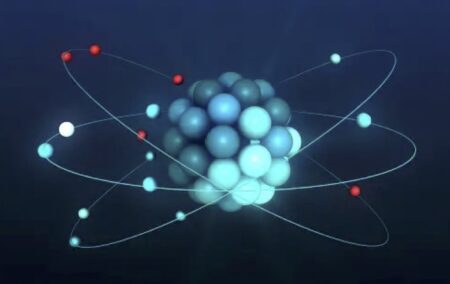A group of researchers from the University of the Witwatersrand have begun a test which will see the injection of 20 live rhinos with small doses of radioactive isotopes into their horns. The hope is that this will make poached horns easier to detect when passing through customs.
In the year 1900, the global rhino population was estimated at 500 000, and today is estimated to be 27 000, with high demand for rhino horns in east Asia driving poaching across Africa.
South Africa is estimated to be home to 16 000 of the world’s rhinos, with around 500 being lost to poaching yearly.
The Associated Press reported that Professor Nithaya Chetty, dean of the science faculty at Witwatersrand University, said the dosage of the radioactivity is very low and its potential negative impact on the animal was tested extensively.

